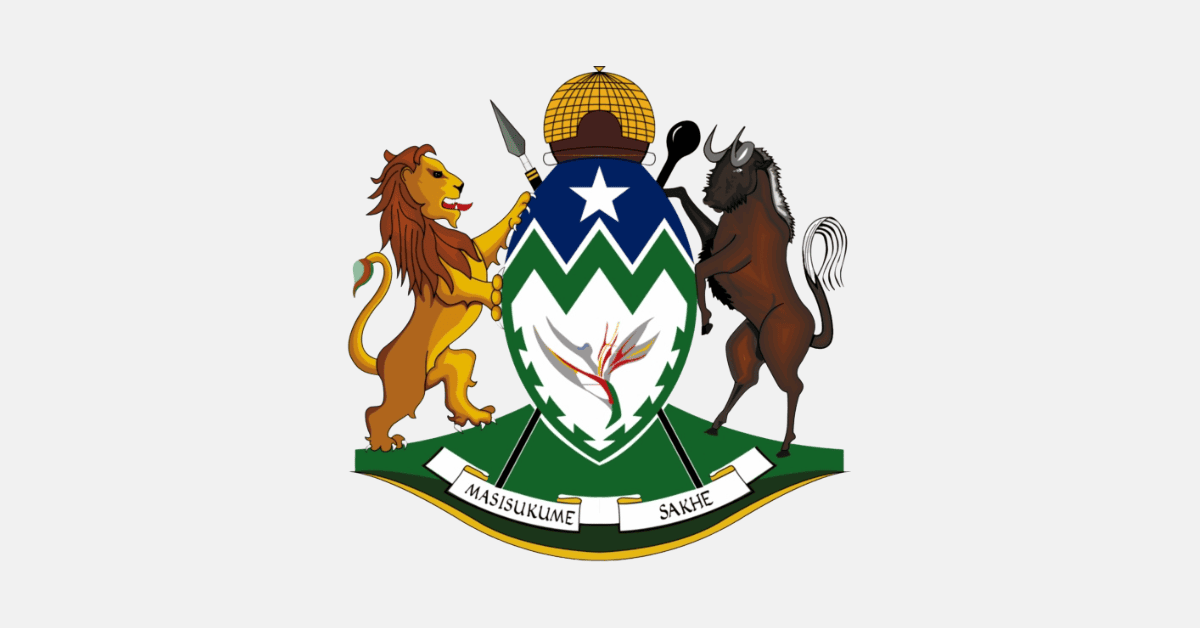Embarking on a career in nursing is both a noble and rewarding pursuit. The Nkonjeni Hospital Nursing School, situated within the Nkonjeni Hospital in Mahlabathini, KwaZulu-Natal, South Africa, offers aspiring nurses a robust platform to commence their professional journey. This article provides an in-depth overview of the institution, covering its programmes, admission requirements, application procedures, key dates, and other pertinent information to assist prospective students.
Overview of Nkonjeni Hospital Nursing School
Nkonjeni Hospital serves as a district hospital catering to a rural community, with 16 residential clinics attached to it. The hospital boasts 207 usable beds and offers a range of services, including outpatient health services, dental care, diagnostic imaging, and more. The nursing school operates within this dynamic healthcare environment, providing students with hands-on experience in various medical disciplines.
Programmes Offered
The primary programme available at Nkonjeni Hospital Nursing School is the Diploma in Nursing, registered at NQF Level 6. This three-year programme integrates theoretical instruction with practical clinical training, developing generalist nurses equipped with the knowledge and skills to deliver comprehensive healthcare services, including disease prevention, health promotion, treatment, and rehabilitation.
Admission Requirements
National Senior Certificate (NSC) Requirements:
- Minimum Points: 25 points from the best six subjects (excluding Life Orientation).
- Subjects:
- English (Home or First Additional Language): Level 4.
- Mathematics: Level 3 or Mathematical Literacy: Level 5.
- Life Sciences or Physical Sciences: Level 4.
- A second language: Level 3.
Pre-2008 Matriculation Requirements:
- Minimum Points: 25 points from the best six subjects.
- Subjects:
- English: Higher Grade (E) or Standard Grade (D).
- Biology and Mathematics: Higher Grade (E) or Standard Grade (D).
Applicants must also be South African citizens residing in KwaZulu-Natal. Those who have previously benefited from the Department of Health bursary at the KwaZulu-Natal College of Nursing are ineligible.
Application Process
Steps to Apply:
- Access the Online Portal: Visit the KwaZulu-Natal College of Nursing (KZNCN) website.
- Complete the Application Form: Provide accurate details about your academic background.
- Upload Supporting Documents: Certified copies of your ID, matric certificate, proof of residence, and an affidavit indicating eligibility.
- Submit the Application: Ensure all information is accurate and submitted online.
Applications via mail, email, or in-person delivery are not accepted. Only applications submitted through the official online portal are considered.
Key Dates and Deadlines
The application period typically opens once a year. For the 2025 academic year, applications closed on 31 August. Prospective students should regularly check the KZNCN website or local newspapers for announcements on application periods.
Selection Process
Stages of Selection:
- Shortlisting: Based on academic qualifications and other criteria.
- Knowledge Assessment: To evaluate candidates’ aptitude for nursing.
- Medical Surveillance: Ensures candidates are fit for the demands of the profession.
- Verification: Ensures the authenticity of submitted documents.
Only successful applicants will be contacted due to the high volume of applications.
Financial Assistance
The KwaZulu-Natal Department of Health provides bursaries to cover tuition and related expenses. Recipients must commit to serving in KwaZulu-Natal Department of Health facilities after graduation.
Clinical Training and Work-Integrated Learning
The Diploma in Nursing programme integrates theoretical learning with clinical practice across various healthcare settings:
- General Nursing: Adult care in medical and surgical contexts.
- Midwifery: Maternal and neonatal care.
- Psychiatric Nursing: Mental health assessments and interventions.
- Community Health Nursing: Health promotion and disease prevention in community settings.
Placements in hospitals, clinics, and rural health centres provide students with a comprehensive learning experience.
Facilities and Resources
Students benefit from:
- State-of-the-Art Medical Facilities: Hands-on training in modern healthcare settings.
- Library Resources: Access to academic materials.
- On-Campus Accommodation: Affordable housing for students from distant areas.
Career Opportunities
Graduates of the Diploma in Nursing are eligible to:
- Register with the South African Nursing Council (SANC).
- Pursue careers in hospitals, clinics, and community health.
- Specialise in advanced fields like midwifery, paediatrics, or critical care through further studies.
The high demand for nurses ensures excellent career prospects locally and globally.
Challenges and Opportunities
Operating in a rural setting presents challenges, such as resource limitations, but also unique opportunities:
- Community Engagement: Addressing diverse healthcare needs.
- Leadership Development: Nurturing adaptability and problem-solving skills.
Such experiences foster compassionate, resilient healthcare professionals.
Application Tips
- Prepare Early: Organise your documents well in advance.
- Exceed Requirements: Aim for higher-than-minimum scores.
- Submit a Complete Application: Ensure all required documents are included and certified.
- Highlight Passion: Emphasise your dedication to healthcare and community service.
Final Thoughts
The Nkonjeni Hospital Nursing School provides a strong foundation for aspiring nurses. With its blend of academic excellence, practical training, and a focus on community health, the institution prepares students for rewarding careers in healthcare. Whether you’re motivated by a desire to help others or a passion for nursing, this school offers the resources and environment to turn your aspirations into reality.
For more details, visit the official KwaZulu-Natal College of Nursing website. Prospective students are encouraged to stay updated on key dates and requirements for a seamless application process.

